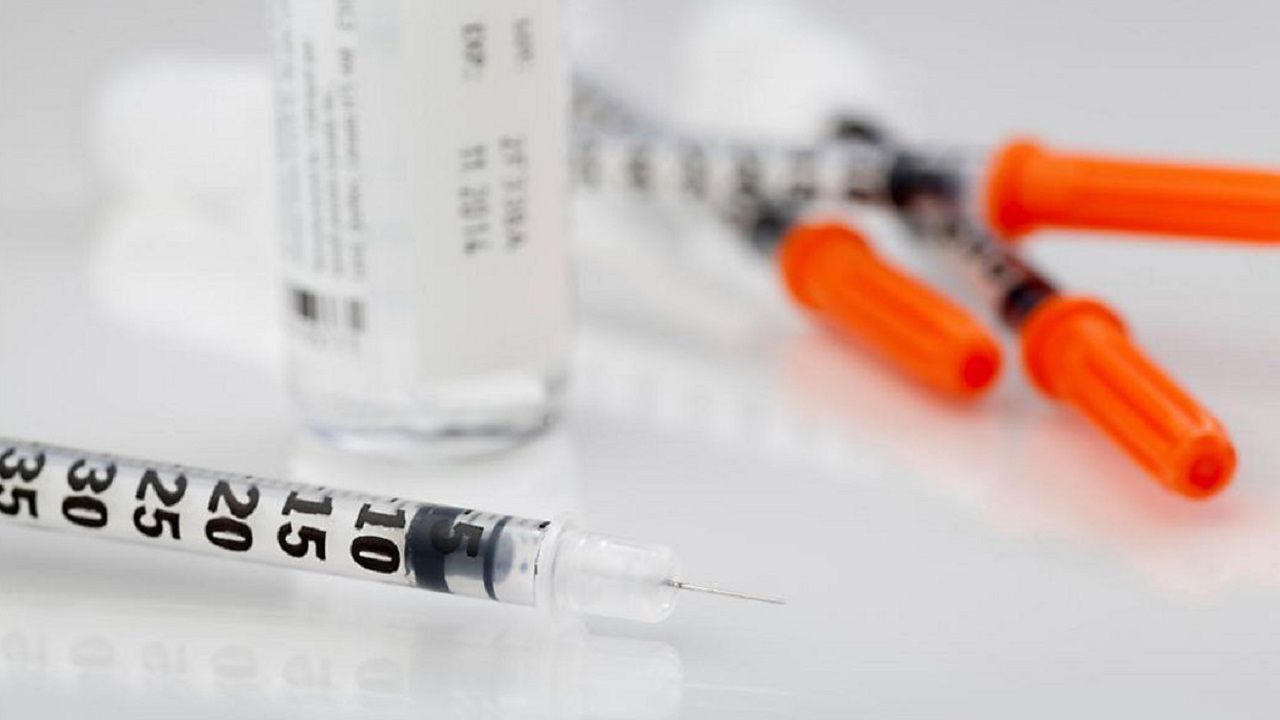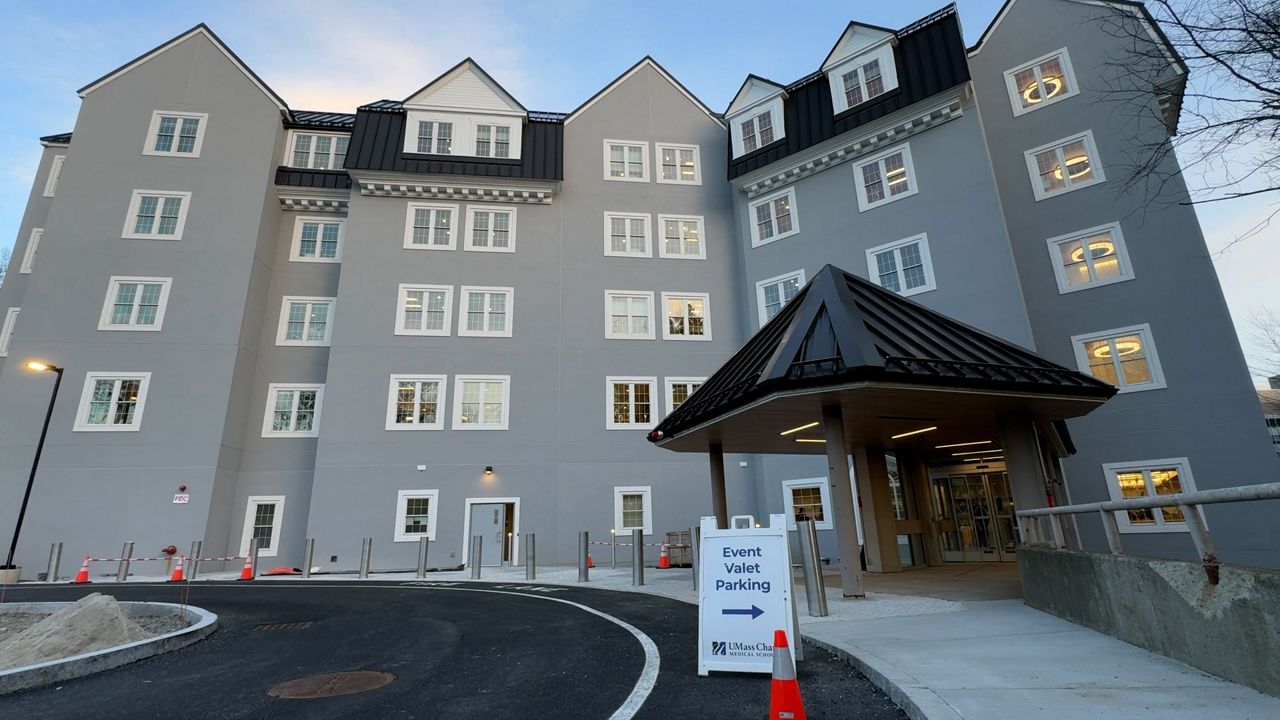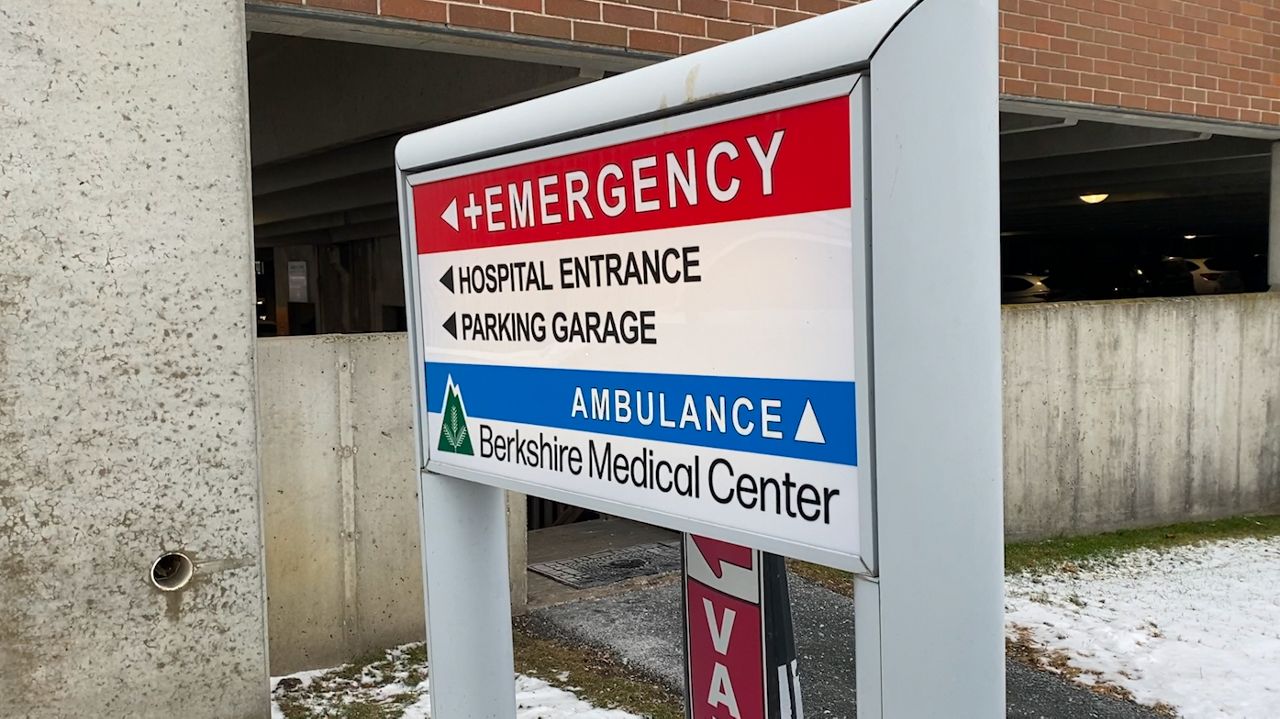WORCESTER, Mass. - Nicole Brisbois has a stressful job as manager of UMass Memorial Medical Center's pediatric emergency room. She says since 2021, they've cared for more people living through a mental health crisis than ever before, especially young people ages 18 and under.
This has left nurses in situations they're not necessarily prepared for, as they're trained in medical care, not mental health.
"Our nurses are not the experts at this, but they need to do the best they can," Brisbois said. "We've added in lots of education and things like that. But they have to do the best they can to care for this type of population in a space that's not exactly what they are used to doing."
What You Need To Know
- UMass Memorial Medical Center's new response team looks to help people living through a mental health crisis while at the hospital.
- The pediatric behavioral emergency response team, also known as PediBERT, looks to de-escalate situations with patients at the hospital.
- The pilot program will help patients ages 18 and under.
- Hospital leadership the team comes after staff were facing dangerous and often physical situations with patients.
The medical center’s Emergency Mental Health department can only accommodate six or seven patients at a time, pushing them to the limit in terms of care on a daily basis. Some patients are even getting physical with caregivers.
"Staff were in danger, staff didn't feel safe, staff didn't feel like they were educated enough to be able to properly support the patients," said Jemima Amankwah, nurse manager for the hospital's Emergency Mental Health department. "As a result, we were getting a lot of injuries, staff assaults, patient dysregulations, and we didn't know what to do."
Following a year-plus of discussions, UMass Memorial Children's Medical Center created the pediatric behavioral emergency response team, also known as PediBERT.
"They will call and the team will come," said Amankwah. "We will try to problem solve from there. Like, what do you need, use some therapeutic communication, try to support the child."
The pilot program went live last week during April school vacation. It’s historically a quieter week for the hospital, and allowed members of PediBERT who include psychiatrists and social workers to work things out in a less-hectic environment.
Brisbois said nurses are already feeling a small weight lifted off their shoulders, and hopes the program improves patient relationships moving forward.
"We're really anxious to see what happens," said Brisbois. "But I think the nurses and the team, just knowing we have this in our back pocket, that the moment things are starting to get a little bit hot and heavy, we can call."
And if the program limits the number of violent incidents with patients, the hope is to expand it.
"Hopefully we can roll this out to the adult population as well, because they are facing a similar crisis," Brisbois said.










